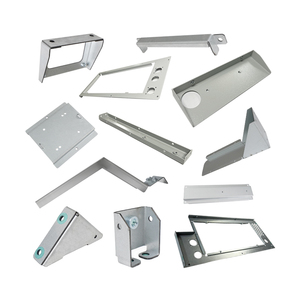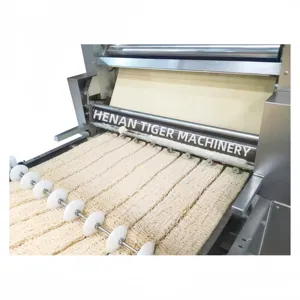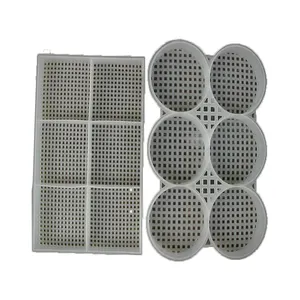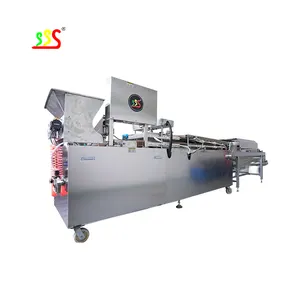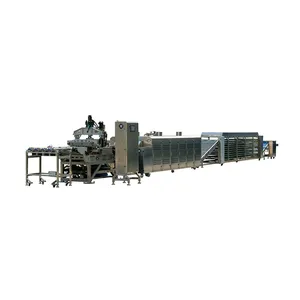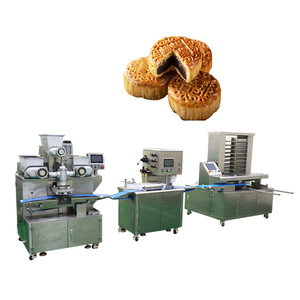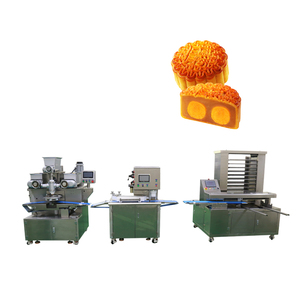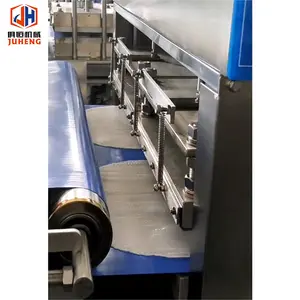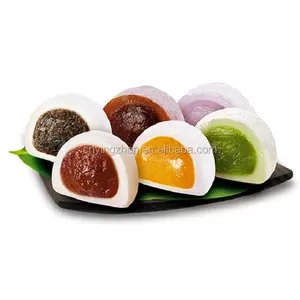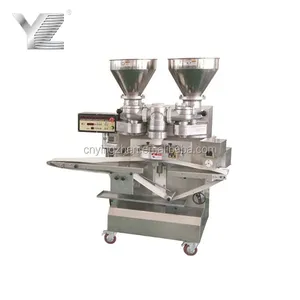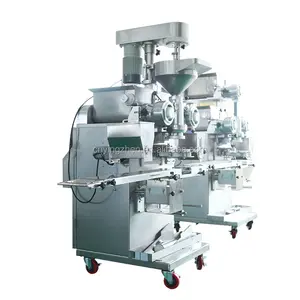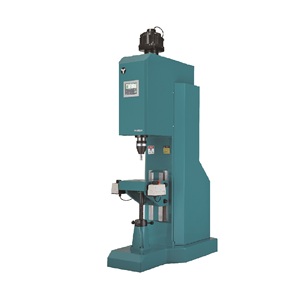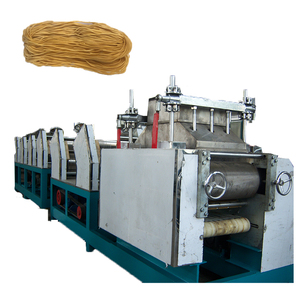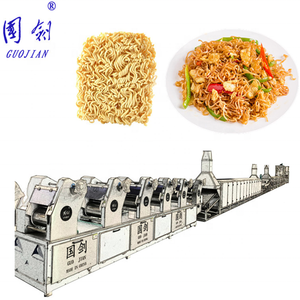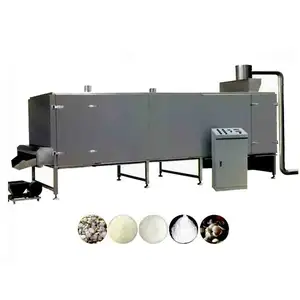Production Items Examples





























 CN
CN





 1/18
1/18













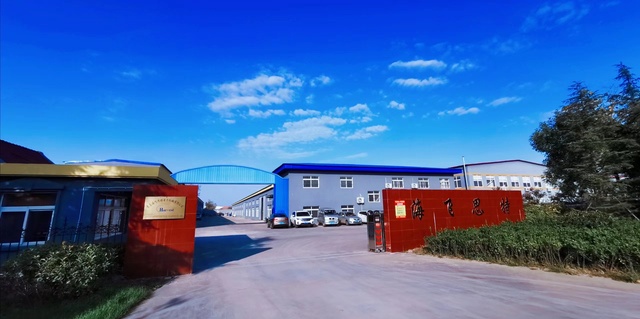











 1/12
1/12






 1/8
1/8
About production items examples
Where to Find Production Items Suppliers?
China remains a dominant force in the manufacturing of industrial production equipment, with key supplier clusters concentrated in Shandong, Henan, and Jiangsu provinces. These regions host vertically integrated ecosystems that support rapid prototyping, scalable fabrication, and efficient logistics for global export. Shandong-based suppliers, such as those in Jinan, specialize in food processing lines and automation systems, leveraging proximity to steel and machinery component suppliers to reduce lead times by up to 25%. Henan’s machinery corridor, centered around Zhengzhou, focuses on grain and noodle production equipment, benefiting from regional agricultural supply chains and mature metalworking infrastructure.
The clustering enables tight coordination between design, engineering, and assembly operations, allowing suppliers to maintain competitive pricing while supporting both standard and customized configurations. Buyers can expect localized supply networks where raw materials, casting, CNC machining, and final testing occur within compact geographic zones—reducing dependency on external vendors. This integration translates into average production lead times of 30–45 days for complete systems, with cost advantages ranging from 20–35% compared to equivalent equipment sourced from Europe or North America.
How to Choose Production Items Suppliers?
Selecting reliable suppliers requires a structured evaluation across technical, operational, and transactional dimensions:
Technical Compliance & Certifications
Verify adherence to international quality standards such as ISO 9001 for quality management. For food-grade or cosmetic processing equipment, ensure compliance with relevant hygiene regulations (e.g., CE marking for EU market access). Request documentation on material specifications—particularly stainless steel grades (e.g., SS304/SS316)—and validate motor, control system, and safety certifications.
Production Capability Assessment
Evaluate core manufacturing infrastructure through the following indicators:
- Facility size exceeding 3,000m² indicating capacity for full-line assembly
- In-house engineering teams capable of customizing production workflows
- Integrated capabilities in CNC machining, welding, and automated control systems
Cross-reference delivery performance data—target suppliers with ≥95% on-time fulfillment—to assess operational reliability.
Procurement Risk Mitigation
Utilize secure payment mechanisms such as escrow services until post-delivery inspection is completed. Prioritize suppliers offering sample units for performance validation, especially when procuring high-value lines like fried snack or vacuum emulsifying systems. Conduct virtual or on-site audits to verify factory conditions, workflow organization, and inventory readiness before placing bulk orders.
What Are the Best Production Items Suppliers?
| Company Name | Main Products | Price Range (USD) | Min. Order | On-Time Delivery | Response Time | Reorder Rate | Online Revenue |
|---|---|---|---|---|---|---|---|
| Parmat Automation Equipment (Jinan) Co., Ltd. | Grain Product Making Machines, Food Processing Lines | $44,000–$1,852,000 | 1 set | - | ≤1h | <15% | US $70,000+ |
| He Nan Tiger Machinery Co., Ltd. | Noodle Production Lines, Packaging Equipment | $59,000–$669,300 | 1 set | 100% | ≤1h | <15% | US $50,000+ |
| Jinan Mingde Machinery Co., Ltd. | Fried Snack Lines, Noodle Machines, Pet Food Equipment | $8,500–$18,000 | 1 set | - | ≤2h | 100% | - |
| Yingkou Professional Roll Forming Machine Co., Ltd. | Steel Drum Production Lines, Metal Forming Equipment | $30,000–$320,000 | 1 set | 100% | ≤3h | - | US $10,000+ |
| Wuxi Melit Automatic Equipment Co., Ltd. | Cosmetics, Paint, Grease, and Emulsifying Production Lines | $6,000–$25,000 | 1 set | 100% | ≤1h | - | - |
Performance Analysis
Parmat Automation and He Nan Tiger Machinery offer high-capacity solutions for pasta and noodle production, with Parmat catering to premium-scale automation at prices exceeding $1.7 million per line. He Nan Tiger stands out with verified 100% on-time delivery, making it a dependable choice for time-sensitive deployments. Jinan Mingde targets budget-conscious buyers with competitively priced snack and noodle lines, backed by a notable 100% reorder rate—indicating strong customer satisfaction despite limited revenue transparency. Yingkou Professional serves niche industrial segments with durable metal forming systems, while Wuxi Melit specializes in chemical and semi-solid product lines, providing entry-level options starting under $10,000. Suppliers with response times ≤1 hour demonstrate higher engagement levels, which correlates with smoother order management and customization support.
FAQs
How to verify production items supplier reliability?
Confirm ISO certification status and request evidence of past export shipments. Analyze supplier tags related to on-time delivery, response speed, and transaction volume. Conduct video calls to inspect workshop conditions and review machinery test runs prior to purchase.
What is the typical MOQ and lead time?
Minimum order quantity is typically 1 set for complete production lines. Lead times range from 30 to 50 days depending on complexity, with simpler systems (e.g., mini noodle lines) shipped faster than fully automated food processing units.
Can suppliers customize production equipment?
Yes, most suppliers offer configuration adjustments including output capacity, voltage specifications (220V/380V), automation level, and material contact standards. Provide detailed technical requirements early in discussions to receive accurate quotations and feasibility assessments.
Do suppliers provide installation and after-sales support?
Support varies by vendor. Some include remote guidance or instructional videos, while others offer optional on-site commissioning services at additional cost. Clarify service inclusions before finalizing contracts.
Are samples available for production equipment?
Full-system sampling is uncommon due to size and cost, but suppliers may provide component samples or factory-produced output (e.g., test batches of noodles or grease). Video demonstrations of machine operation are frequently offered as alternatives.






